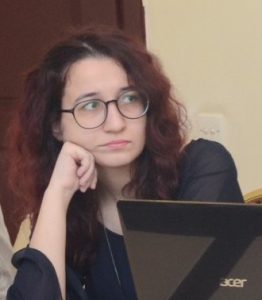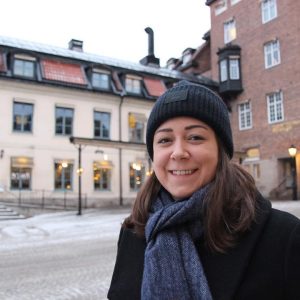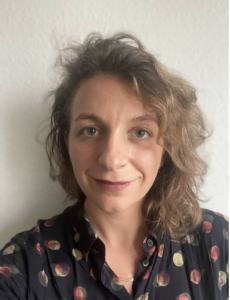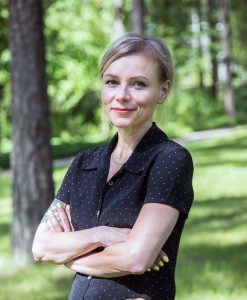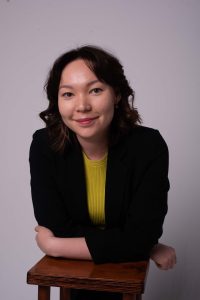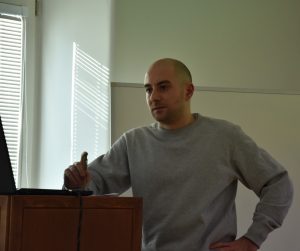Silent Dissent: Exploring Russian Civic Activism as a Form of Opposition to the War in Ukraine
🎤Irina Olimpieva, Founder and Executive Director of the Center for Independent Social Research, Inc. (CISR USA)
📅February 3, 15.15-17.00
🏢Zoom: https://lnkd.in/eJCkhJVw
Abstract: Since the start of Russia’s full-scale invasion of Ukraine, the apparent absence of mass antiwar protests inside Russia has often been interpreted as evidence of popular indifference or support for the war. Survey data seem to reinforce this conclusion, while street-level mobilization has remained limited even during moments of heightened political tension, such as the announcement of “partial” mobilization. This talk challenges such interpretations by shifting attention away from visible protest toward less conspicuous but socially meaningful forms of opposition that emerge under conditions of repression.
Drawing on a research project conducted since August 2022, I explore humanitarian volunteerism as a form of silent resistance. The analysis focuses on a case study of an informal volunteer network based in St. Petersburg that assists Ukrainian families who fled the war, found themselves on Russian territory, and are seeking asylum in Europe. Operating primarily through Telegram, volunteers meet refugees arriving in the city, arrange temporary accommodation, provide food, medicine, clothing, and financial assistance, and coordinate transportation to the border.




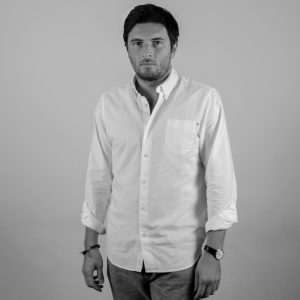
 In an era of resurgent multipolar competition, a fundamental update to our understanding of the reemerging concept of Spheres of Influence (SOIs) is needed. This analysis introduces the “Multi-Modal Sphere of Influence” (MMSOI) as a new analytical framework, positing that contemporary great powers project influence not just via coercion, but through a dynamic interplay of five modalities: military, economic, institutional, normative, and digital. This framework is used to deconstruct the intractable EU-Russia conflict in their “shared neighborhood” by bridging macro-, meso-, and case-level findings. At the macro-level, the core of the conflict is defined by different modalities of competition; this is not a symmetrical power struggle, but a structural clash between incompatible toolkits: the EU’s dominant normative, institutional, and economic modalities colliding with Russia’s reliance on its coercive-military and energy-based toolkit. This overlapping, multi-modal contestation creates, at the meso-level, a paradoxical environment for “in-between” states, granting them new avenues for hedging and agency while simultaneously exposing them to acute risks of coercion and conflict. Finally, the analysis unpacks the EU’s paradoxical role as an “antithetical actor.” While normatively rejecting SOIs, the EU’s institutional and regulatory expansion functions as a powerful, sui generis SOI-building tool, making it an unintentional geopolitical player. This synthesized approach explains the EU-Russia competition not merely as a regional dispute, but as a microcosm of 21st-century multi-modal, multipolar contestation.
In an era of resurgent multipolar competition, a fundamental update to our understanding of the reemerging concept of Spheres of Influence (SOIs) is needed. This analysis introduces the “Multi-Modal Sphere of Influence” (MMSOI) as a new analytical framework, positing that contemporary great powers project influence not just via coercion, but through a dynamic interplay of five modalities: military, economic, institutional, normative, and digital. This framework is used to deconstruct the intractable EU-Russia conflict in their “shared neighborhood” by bridging macro-, meso-, and case-level findings. At the macro-level, the core of the conflict is defined by different modalities of competition; this is not a symmetrical power struggle, but a structural clash between incompatible toolkits: the EU’s dominant normative, institutional, and economic modalities colliding with Russia’s reliance on its coercive-military and energy-based toolkit. This overlapping, multi-modal contestation creates, at the meso-level, a paradoxical environment for “in-between” states, granting them new avenues for hedging and agency while simultaneously exposing them to acute risks of coercion and conflict. Finally, the analysis unpacks the EU’s paradoxical role as an “antithetical actor.” While normatively rejecting SOIs, the EU’s institutional and regulatory expansion functions as a powerful, sui generis SOI-building tool, making it an unintentional geopolitical player. This synthesized approach explains the EU-Russia competition not merely as a regional dispute, but as a microcosm of 21st-century multi-modal, multipolar contestation.